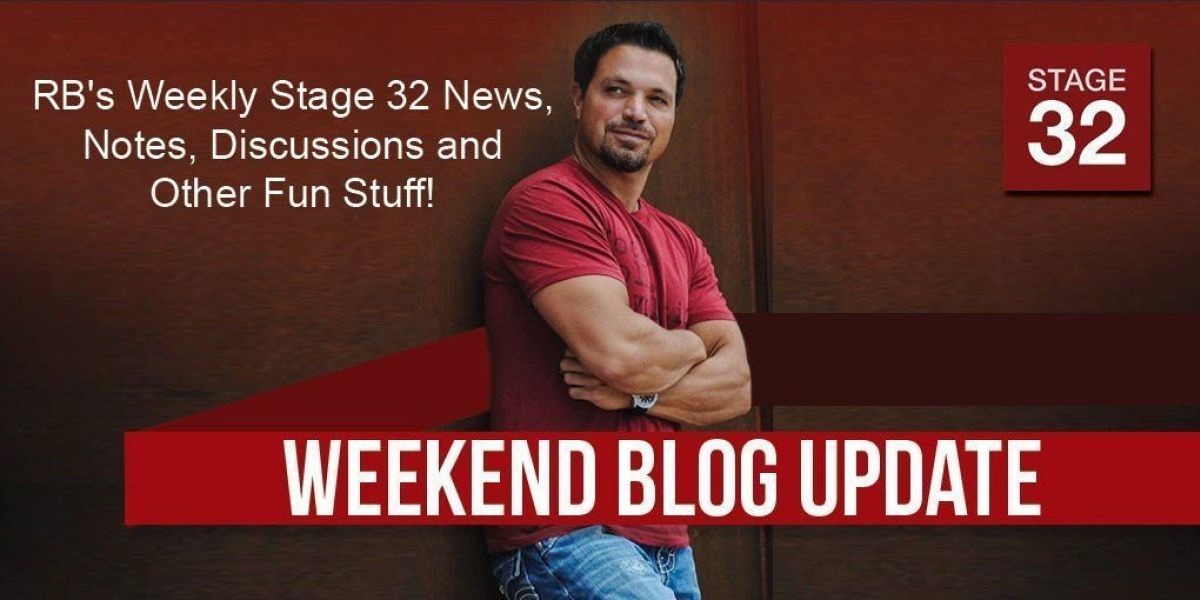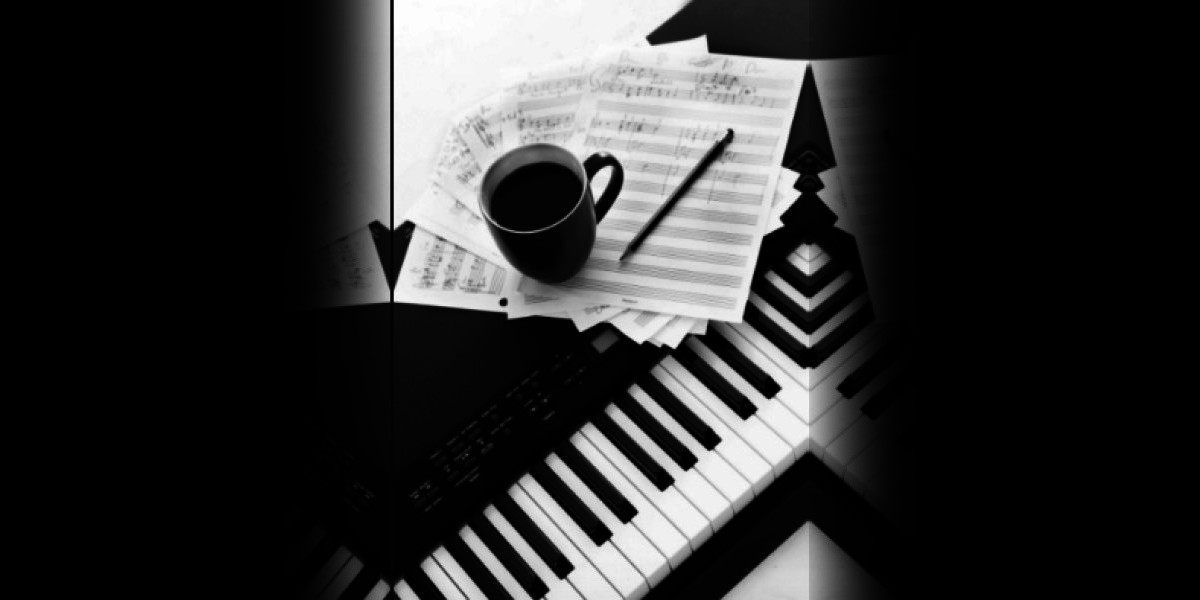Finding The Right Note
 Richard "RB" Botto
Richard "RB" Botto In this guest blog, Tom discusses the importance of opening your mind and being ready for the unexpected when working in any creative field. Though he specifically aims his advice toward composers, his wisdom and advice certanly applies to filmmakers, writers and other creatives. Taking us all the way back to 1973, Tom shares with us the piece of advice that changed how he approached his creative endeavors and walks us through how he learned how to find the right note.
I thank Tom for his contribution to the Stage 32 Blog.
Enjoy,
RB
Here’s a short story from my college days, which by the way, takes us back to 1973.
My composition teacher, Dr. Walter Hartley, told the class one day that, if you are going to be composer then you have to start with a note. And if you are going to become a good composer you will pick a second note, and it will be the right note.

Well, as a senior in a fairly prestigious music school (at least within the New York State University system), I smugly thought to myself, “Of course it would be the right note…I chose it!”
Hah. That’s not what he meant at all! In fact, it took me around 10 years for that one sentence to soak into my psyche. What he meant was that it will be the right note because it leads well from the first note, and leads equally well to the THIRD note!
Years later, when I was visiting my alma mater, I chanced to meet up with Dr. Hartley. I shared my “revelation” with him and thanked him for sharing it with us. And then he told me that it had taken him about ten years to really understand when his teacher told him the same thing.
Well, you may not take that long to “get it”, but the important thing is to get it at all. No worthwhile composition, whether it’s a sweeping movement from a symphony, or even a 30 second cue for an independent film, is going to really work without that one maxim in place. The notes that you choose, the chords that you harmonize with, will simply attract the ear better when they are thought out in terms of how well they flow together.

Obviously, if you are working on a specific music cue, then you need to be aware of the nature of the scene, but the truth still applies. In fact, that should help dictate what the “next note” will be. A romantic moment will more often require a diatonic movement, whereas a tense scene may require something more (seemingly) disjointed.
And that is precisely why we, as composers, need to learn to listen. The more varied your listening experience is, the more varied your writing potential is. It is never very productive to get stuck in one style; you could easily run out ideas in a hurry that way. This applies to all creative professions, by the way.
It comes down to this: appreciation verses preference.
Learning to listen to music that you don’t necessarily like requires that you learn to appreciate what is in that music. The question you might start with is: what do people hear in it who do like this music? That is the fine art of appreciation.

When I first heard the Carpenters (way back when) I thought they were very commercial, very pop, and very boring. That is, until I started to really listen to the orchestration, the production, the vocal blends created by the stacking of just two voices. What an eye-opener. Much of what I eventually learned about instrumentation of a pop song I learned from Richard Carpenter, George Martin (Beatles), Paul Buckmaster (Elton John) and Walter Afanasieff (Kenny G, Celine Dion, et al). Geniuses, every one!
So, what kind of music should you listen to? OK, how about some bluegrass, how about some opera (like trying to find just how funny a Mozart “comic” opera is), how about some Robert Johnson blues from the 20s, or some barbershop quartet singing? Don’t forget to include some Frank Zappa (with or without the Mothers of Invention), some John Coltrane, and some big band era music (Glenn Miller would be a good place to start). When was the last time you listen to the original cast recording of a recent Broadway show?
If you write symphonic music, don’t off-handedly neglect the ultra-pop sounds of someone like Lady Gaga or Taylor Swift. If you are a jazz musician, listen to some good Kletzmer music.
In other words, expand your musical universe. You will be amazed at how inspiring that can be.

And speaking of inspiration…we need to understand that musical inspiration does not always come from musical sources. Really! Composers like Beethoven and Mahler drew much of their inspiration from nature.
But don’t limit yourself. Look around; listen constantly. Be ready to employ any sound, anytime, anywhere.
I once wrote a piece of music, a novelty piece, based on the squeak that I heard when I squeezed an empty dish detergent bottle. Another song was based completely on the chance use of the word Balderdash. A neighbor was constructing a bridge over a stream that ran through his property, and the pile driver was cranking out a rhythm that was quite annoying, but really unique, so I got out my digital recorder and stored it away. I have yet to use that one, but its time will come.
Here’s a lesson that I learned when I was working in radio. One of the on-air guys said to me that in order to be successful in radio you don’t need to know everything about any one thing, but you need to know a little bit about everything. The same thing applies to composing: you don’t need to be a master of every type of music, but you will be a better composer if you are open to appreciating every/any type of music, even just a little.

When you get to that point, you will discover that there is no such thing as writer’s block. Honest; it disappears. No more getting stuck in a rut, because there are no ruts. Or put differently, you have a whole lot more ruts to jump in and out of. It is a very freeing.
A simple philosophy that I share with all of my creative friends and students runs something like this: if you are ready for anything, then anything can come along and it’s OK. If you are not ready for anything, then anything that comes along has the potential to be a disaster.
Bottom line: always listen, always be learning, always be attempting something new. When you do that, you will suddenly realize that you have developed a style all your own because you are the only one that listens and learns exactly the way you do. And then, as Dr. Hartley suggested, you will find the right note, and you will find it in the right way.
Like this blog post? Please share it on social media (Facebook, Twitter, LinkedIn, email etc) by using our shiny new social media buttons at the top of the blog. Or post to your personal blog and anywhere else you feel appropriate. Thank you.
As always, Tom is available for remarks and questions in the Comments section below...
| Spring Member Drive |
| RB's Stage 32 News, Notes, Discussions and Other Fun Stuff (February 27, 2015) |
Search Stage 32 Blog
There are now 4041 blog posts for you to enjoy. Search them all by tags below.
Acting, Advice, Cinematography, Coffee & Content, Composing, Contests, Distribution, Featured, Filmmaking, Financing, Inspirational, Networking, Producing, Screenwriting, Success Stories, Tips, Trending,Relevant Tags
Recommended Articles

Coffee & Content: The Genius of Weapons and How to Know When Your Script Is Ready

Insider Intel: 2025- Your Year of Breakthroughs (+ What's Coming in 2026)
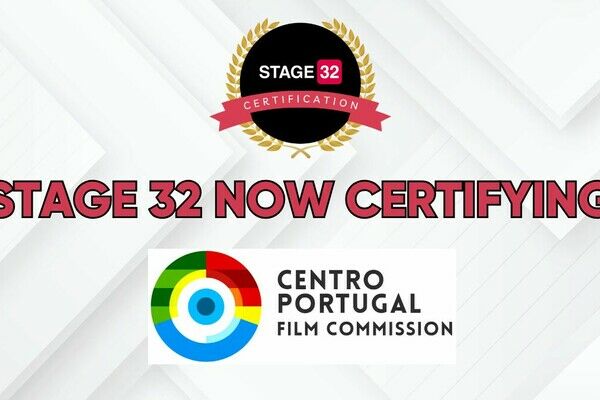
Stage 32 Now Certifying Centro de Portugal Film Commission!

What Stage 32's Community Is Really About (Beyond Scripts, Sets, and Showreels)
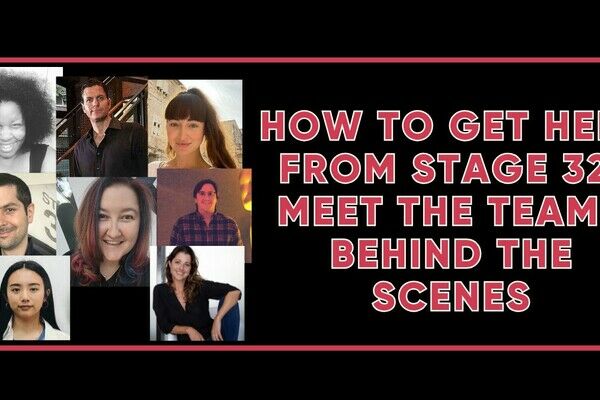
How to Get Help from Stage 32: Meet the Teams Behind the Scenes

Stage 32 Certification Featured In IndieWire!

Wearing Many Hats As A Creative
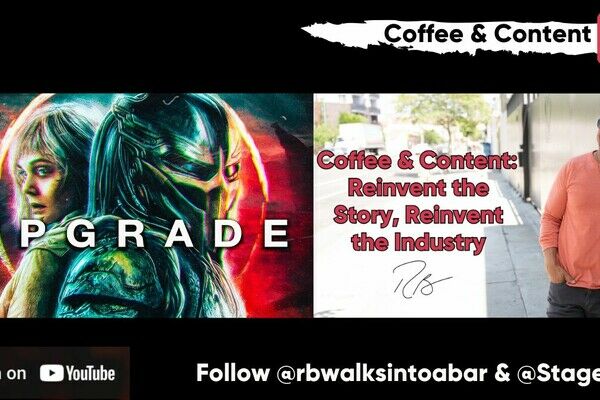
Coffee & Content: Reinvent the Story, Reinvent the Industry

7 Life Hacks For Creatives



